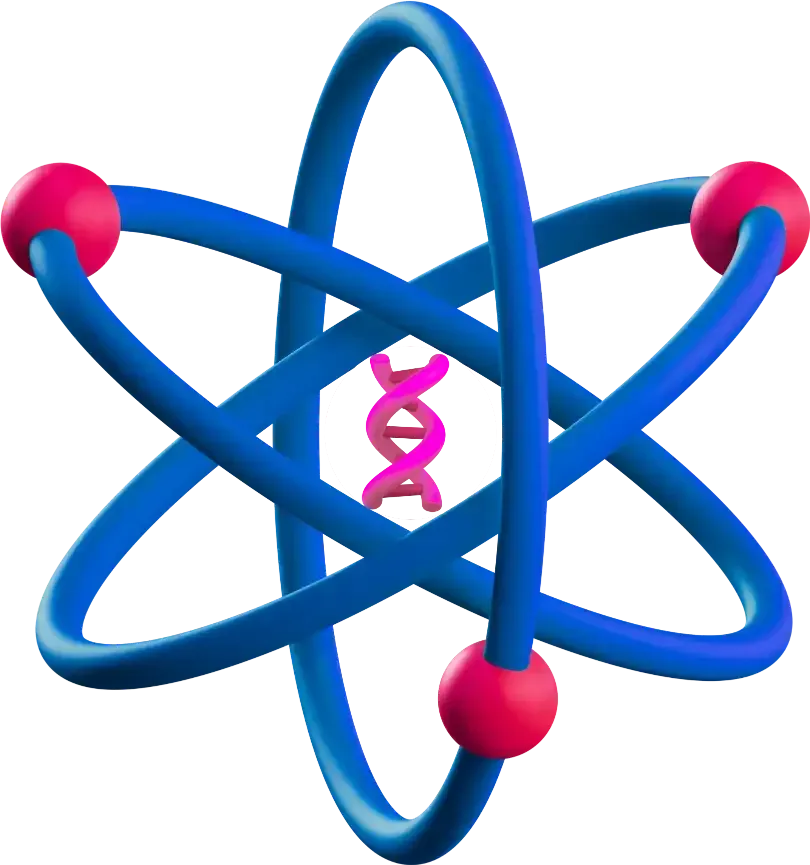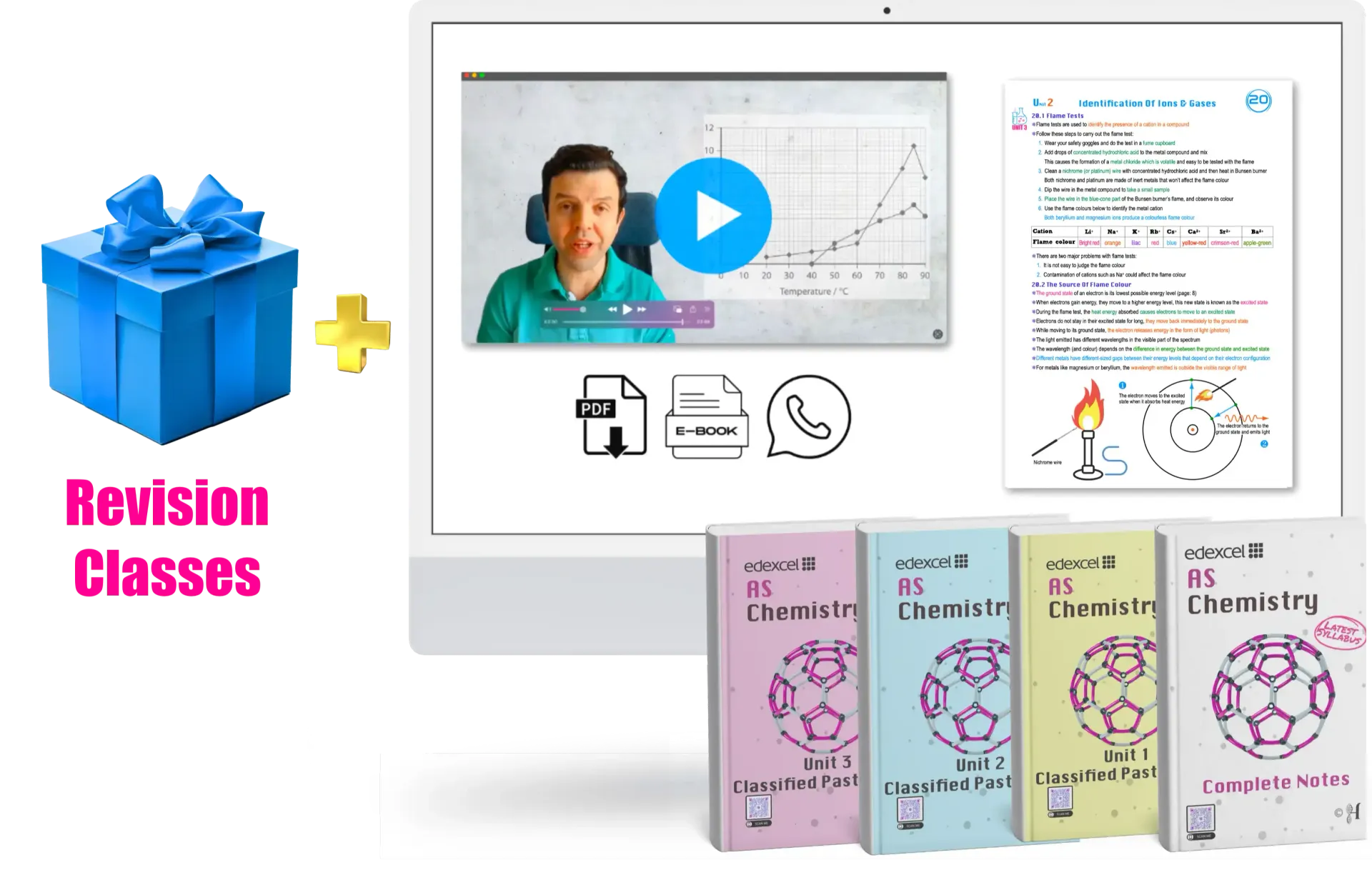Edexcel IAL Chemistry Topic 7 Checklist
specification
(2025–2026 Exams)
Topic 7: Intermolecular Forces
Understand the nature of the following intermolecular forces
:
– London forces (instantaneous dipole-induced dipole)
– Permanent dipole-permanent dipole interactions
– Hydrogen bonds
– London forces (instantaneous dipole-induced dipole)
– Permanent dipole-permanent dipole interactions
– Hydrogen bonds
Understand the interactions in molecules, such as H 2
O
, liquid NH 3
and liquid HF
, which give rise to hydrogen bonding
Understand the following anomalous properties of water
resulting from hydrogen bonding:
– Its high melting and boiling temperature when compared with similar molecules
– The density of ice compared to that of water
– Its high melting and boiling temperature when compared with similar molecules
– The density of ice compared to that of water
Be able to predict the presence of hydrogen bonding
in molecules analogous to those mentioned in 7.2
Understand, in terms of intermolecular forces, physical properties shown by substances, including:
– The trends in boiling temperatures of alkanes with increasing chain length
– The effect of branching in the carbon chain on the boiling temperatures of alkanes
– The relatively low volatility (higher boiling temperatures) of alcohols compared to alkanes with a similar number of electrons
– The trends in boiling temperatures of the hydrogen halides HF to HI
– The trends in boiling temperatures of alkanes with increasing chain length
– The effect of branching in the carbon chain on the boiling temperatures of alkanes
– The relatively low volatility (higher boiling temperatures) of alcohols compared to alkanes with a similar number of electrons
– The trends in boiling temperatures of the hydrogen halides HF to HI
Understand factors that influence the choice of solvents
, including:
– Water, to dissolve some ionic compounds, in terms of the hydration of the ions
– Water, to dissolve simple alcohols, in terms of hydrogen bonding
– Water, as a poor solvent for compounds (to include polar molecules such as halogenoalkane), in terms of inability to form hydrogen bonds
– Non-aqueous solvents, for compounds that have similar intermolecular forces to those in the solvent
– Water, to dissolve some ionic compounds, in terms of the hydration of the ions
– Water, to dissolve simple alcohols, in terms of hydrogen bonding
– Water, as a poor solvent for compounds (to include polar molecules such as halogenoalkane), in terms of inability to form hydrogen bonds
– Non-aqueous solvents, for compounds that have similar intermolecular forces to those in the solvent
Further suggested practicals:
– The solubility of simple molecules in different solvents
– Measuring the enthalpy change of vaporisation of water
– Measuring temperature changes when substances dissolve
– The solubility of simple molecules in different solvents
– Measuring the enthalpy change of vaporisation of water
– Measuring temperature changes when substances dissolve

